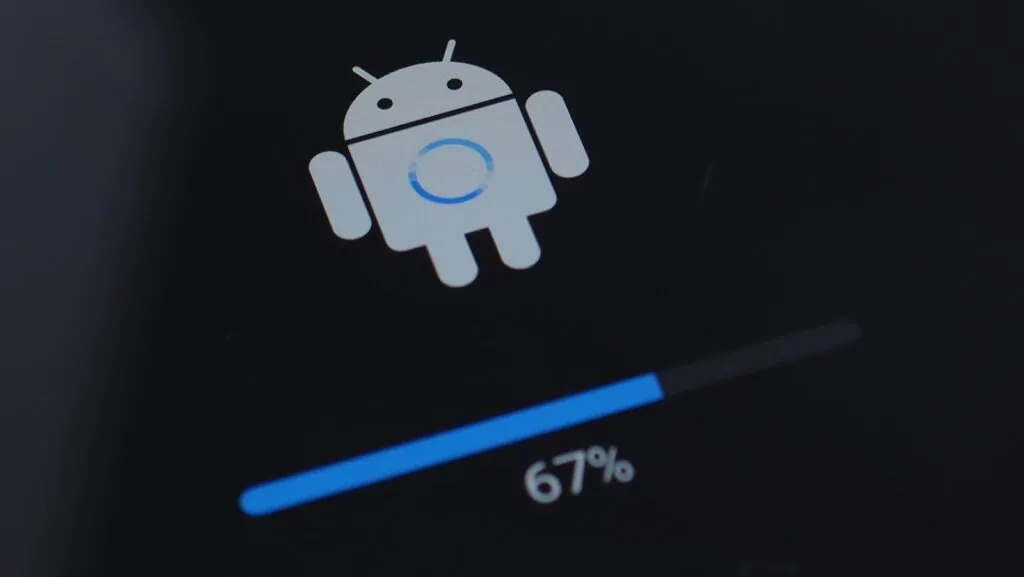Android, the world’s most popular mobile operating system, is a complex and dynamic platform that powers billions of devices globally. Let’s delve into some intriguing aspects and ideas surrounding this versatile OS.
1-Open Source Foundation:
One of Android’s foundational principles is its open-source nature. This means its source code is freely available, fostering innovation and allowing developers worldwide to contribute to its evolution.

3-Customizability:
Unlike iOS, Android offers extensive customization options. Users can personalize their devices through custom launchers, themes, widgets, and more, reflecting Android’s ethos of empowering user choice.
2-Fragmentation:
Android’s ecosystem is known for its device fragmentation. With numerous manufacturers producing devices running different versions of the OS, this presents challenges for developers aiming to ensure compatibility across a wide range of devices.

4-Google Play Store:
The Play Store is Android’s primary app distribution platform. It hosts millions of apps catering to diverse needs, from productivity tools to games, enabling developers to reach a vast audience.




5-Security Enhancements:
Over the years, Android has significantly bolstered its security features. This includes advancements in sandboxing, permission controls, and regular security updates aimed at protecting users from malware and other threats.
6-Project Treble:
Introduced with Android 8.0 Oreo, Project Treble aimed to simplify the Android update process by separating the vendor implementation from the Android OS framework. This initiative has helped expedite OS updates for supported devices.
7-Material Design:
Google’s design language, Material Design, has played a pivotal role in shaping Android’s aesthetics. It emphasizes intuitive interfaces, consistent typography, and vibrant colors, contributing to a unified visual experience across apps.
8-Android One and Go:
Google’s Android One program targets affordable smartphones with a stock Android experience and timely updates. Similarly, Android Go is optimized for lower-end devices, ensuring smooth performance on entry-level hardware.





